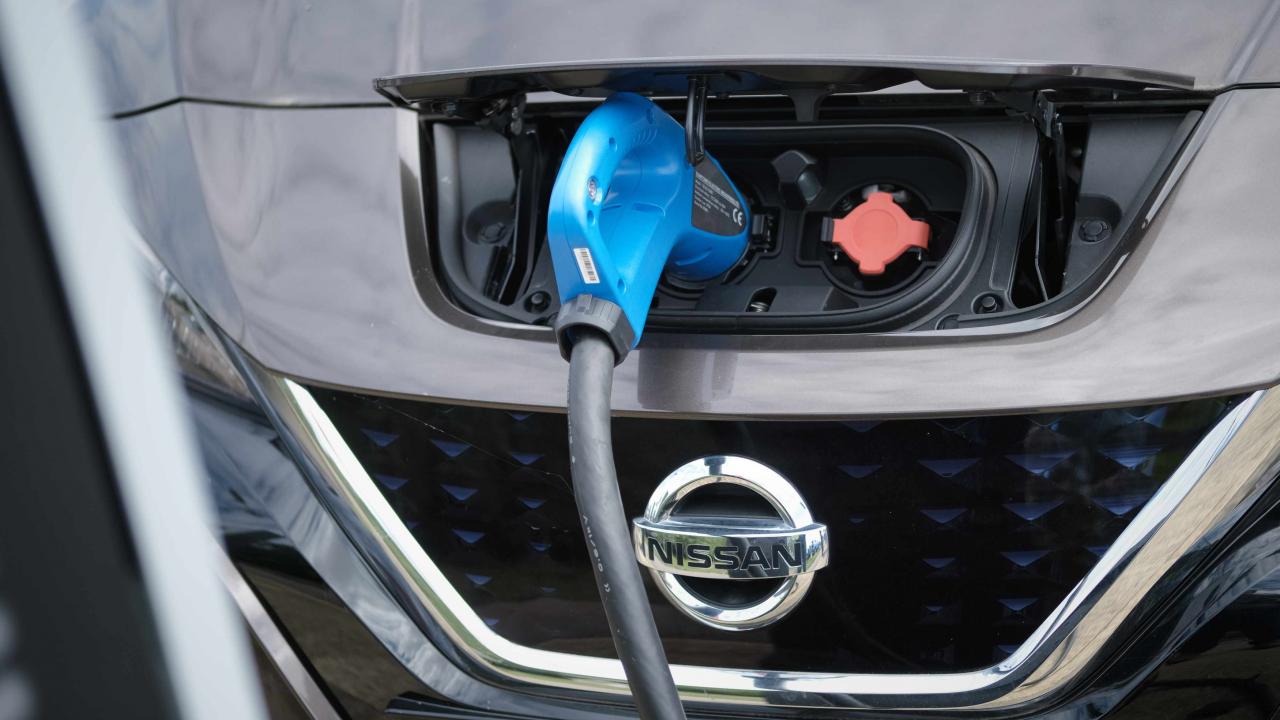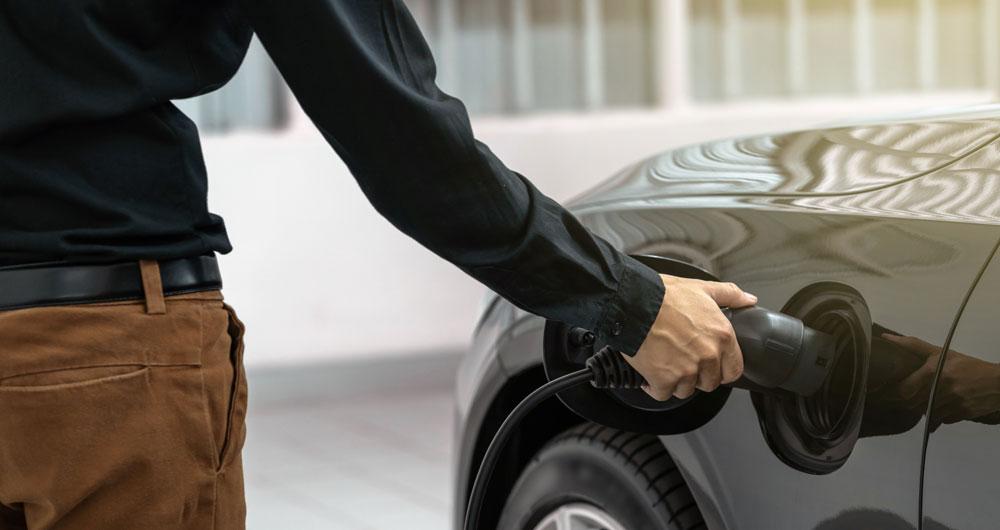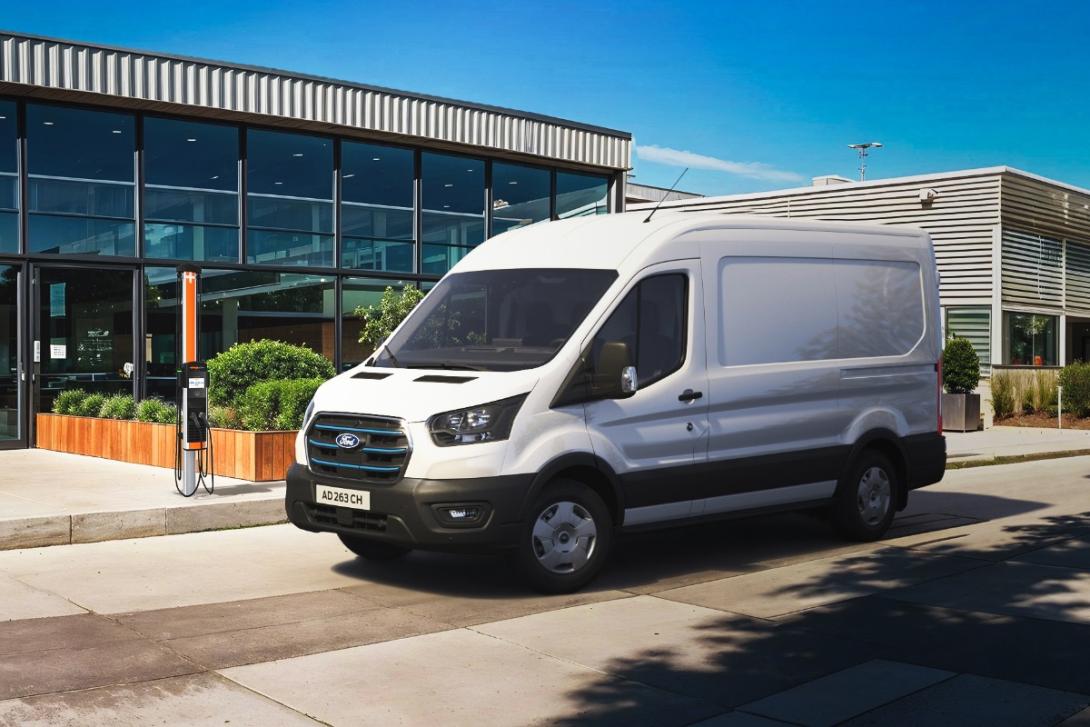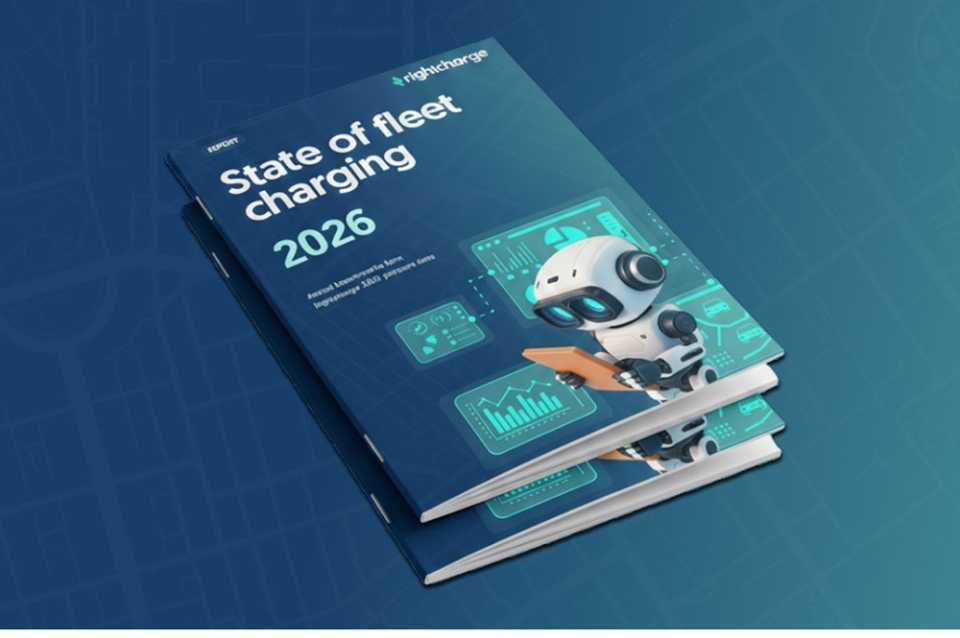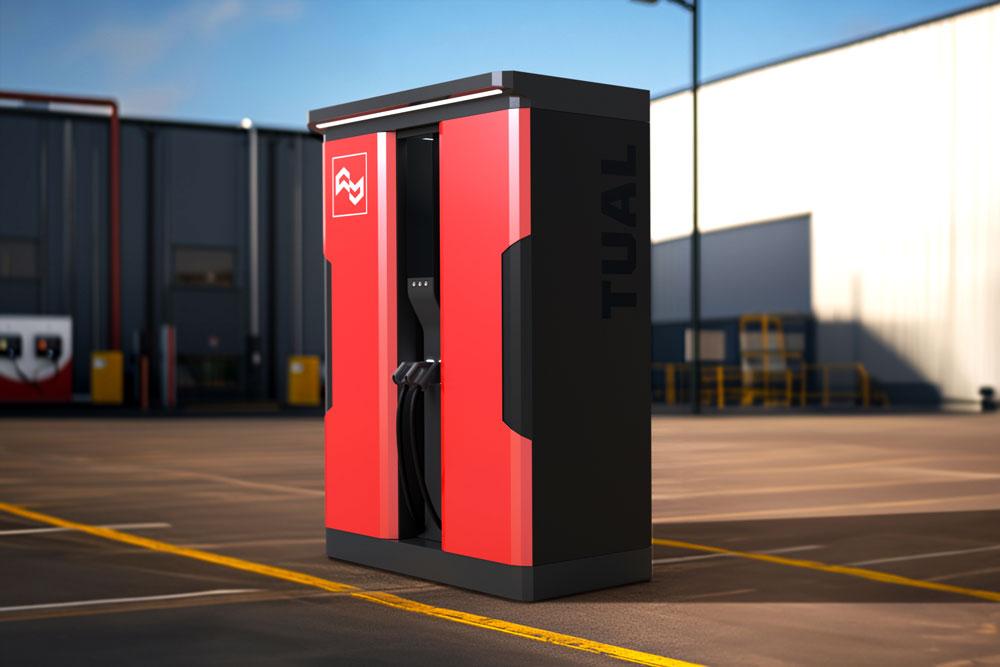Nissan, E.ON Drive and Imperial College London have released a white paper exploring how the bi-directional charging capability of electric vehicles (EVs) could contribute to lower emissions and help achieve long-term goals in relation to climate change.
The White Paper offers supporting recommendations and calls for the introduction of incentives to accelerate widespread adoption of vehicle-to-grid (V2G) charging systems, enabling potential benefits to be unlocked.
It also addresses some of the challenges that will be faced in the early days of V2G, particularly around creating a reliable business case in the context of evolving energy markets and regulation.
Nissan, E.ON Drive and Imperial College are partners in a commercial fleet V2G project – known as e4Future, which aims to demonstrate how electric vans and cars can support the UK grid and provide a profitable and sustainable solution for business fleets.
The e4Future project is part of the V2G competition, funded by the Department for Business, Energy and Industrial Strategy (BEIS) and the Office for Zero Emission Vehicles (OZEV), in partnership with Innovate UK, part of UK Research and Innovation.
Publication of the White Paper follows news in August of the first large-scale V2G trial involving 20 chargers installed at Nissan’s European Technical Centre in Cranfield.
Andrew Humberstone, Managing Director of Nissan Motor GB, said: “There is enormous potential in vehicle-to-grid to deliver huge savings, both in financial terms for electricity system operators and vehicle fleets, and in environmental terms, by significantly cutting CO2 emissions across the UK power system. Nissan is at the forefront of efforts to realise this potential.”
The White Paper indicates that V2G has the potential for reducing carbon emissions from the power system to as low as -243gCO2/km.
It could result in electricity system operation cost savings of up to £12,000 per annum per EV and CO2 reduction of approximately 60 tonnes per annuam per EV.
Annual fleet V2G charging benefits could range between £700-£1,250 per vehicle.

